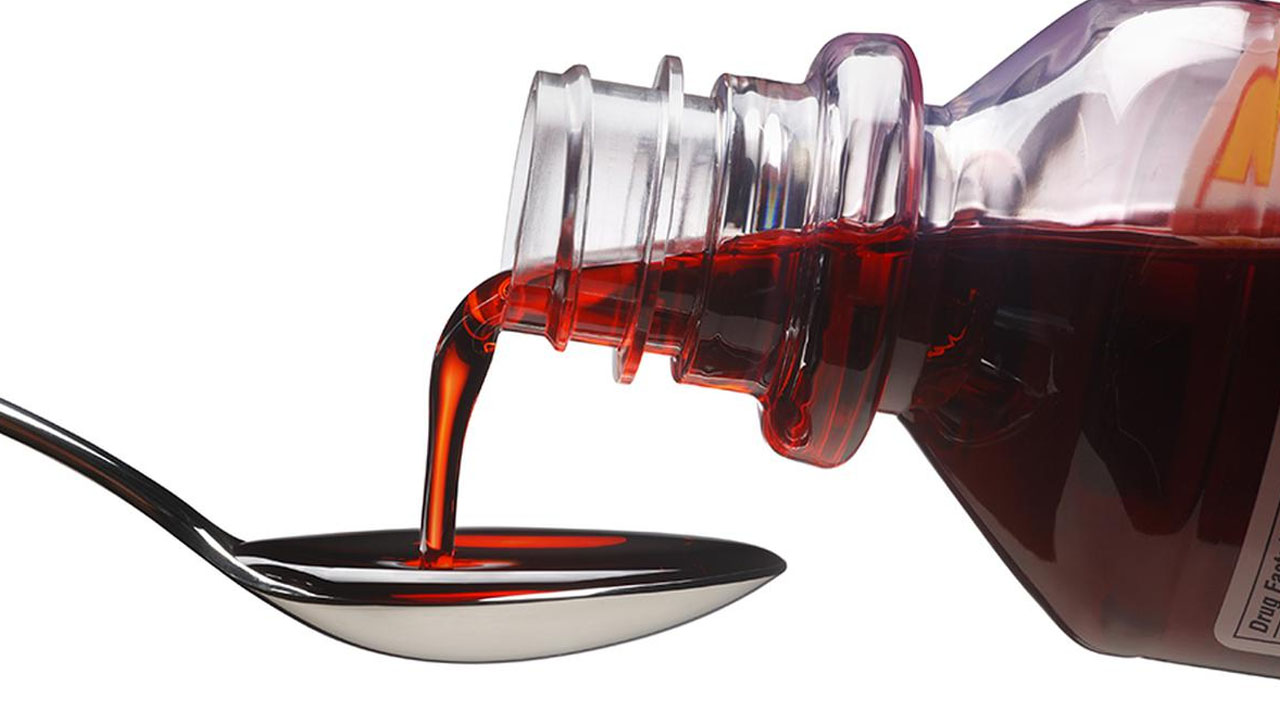
The fear of another killer cough syrup circulating in Nigeria raised concerns and apprehension as the National Agency for Food and Drugs Administration and Control (NAFDAC), yesterday, confirmed a suspected substandard cough syrup called ‘Naturcold.’
The cough syrup, said to be manufactured by Fraken Group, is believed to have caused the death of six children under the age of five at a health facility in the health district of Fundong, in the Northwest region of Cameroun.
According to the Northwest Regional of Cameroun delegate for Public Health, the children showed a decrease in kidney function after consuming the suspected substandard cough syrup.
NAFDAC, in a statement on its website, said the product is not authorised for marketing in Cameroun as it was purchased from unauthorised sources The agency noted: “Although the product is not in NAFDAC’s database, importers, distributors, retailers, and consumers are advised to exercise caution and vigilance within the supply chain to avoid the importation, distribution, sale and use of the substandard (contaminated) syrups. All medical products must be obtained from authorised/licensed suppliers. The products’ authenticity and physical condition should be carefully checked.
“NAFDAC implores members of the public to desist from purchasing medicinal products from unauthorised sources such as roadside vendors and street hawkers as fake drugs are mostly smuggled into the country from neighbouring countries and distributed through such inappropriate channels.
“Anyone in possession of the above-mentioned product is advised to discontinue sale or use and submit stock to the nearest NAFDAC office. If you, or someone you know, have used these products or suffered any adverse reaction/event after use, you are advised to seek immediate medical advice from a qualified healthcare professional.”
Also, the World Health Organisation (WHO), yesterday, issued an alert over another India-made cough syrup, Guaifenesin. The WHO, in a statement, said a batch of contaminated India-made cough syrup has been found in the Marshall Islands and Micronesia.
It added that the tested samples of Guaifenesin TG syrup, made by Punjab-based QP Pharmachem Ltd, showed “unacceptable amounts of diethylene glycol and ethylene glycol.”
Both compounds are toxic to humans and could be fatal if consumed. The WHO statement did not specify if anyone had fallen ill. The latest alert comes months after the WHO linked other cough syrups made in India to child deaths in The Gambia and Uzbekistan.
The WHO said Australia’s drug regulator, the Therapeutic Goods Administration, tested the product, which is used to relieve chest congestion and cough symptoms. Trillium Pharma, based in Haryana state, marketed the syrup. Also, the WHO had in November last year raised the alarm over circulation of eight substandard and contaminated baby syrup products.
This alert is related to that issued on October 9, 2022 by NAFDAC, notifying healthcare providers and the public of the death of 66 children in The Gambia, following the use of four substandard cough syrups.
NAFDAC, in a statement, said the four products are Promethazine Oral Solution, Kofexmalin Baby Cough Syrup, Makoff Baby Cough Syrup and Magrip N Cold Syrup.
According to the agency, laboratory analysis of samples of the products confirmed they contained unacceptable amounts of diethylene glycol and ethylene glycol as contaminants.
Diethylene glycol and ethylene glycol are toxic to humans when consumed and can prove fatal. Diethylene glycol is also the active ingredient in My Pikin teething mixture that killed so many children in Nigeria.
A toxic chemical mixed into a teething medicine for babies had killed at least 84 children in Nigeria, in 2009. The children died after taking a medicine called My Pikin Baby Teething Mixture. Health officials said that a batch of the medicine that went on sale in November 2008 contained diethylene glycol, an industrial solvent and an ingredient in antifreeze and brake fluid.
The chemical looks, smells and tastes like glycerin, a sweet syrup commonly used in a wide range of medicines, foods and toothpaste, and counterfeiters enhance their profit by substituting diethylene glycol, which is relatively cheap, for the more expensive but harmless glycerin.
The chemical causes kidney and liver damage, as well as attacking the central nervous system, causing paralysis that hampers breathing. Children in Nigeria began to get sick in November with unexplained fevers and vomiting. Some stopped urinating and many had diarrhoea. Across the country children with similar symptoms turned up at hospitals amid rising anger and panic.






